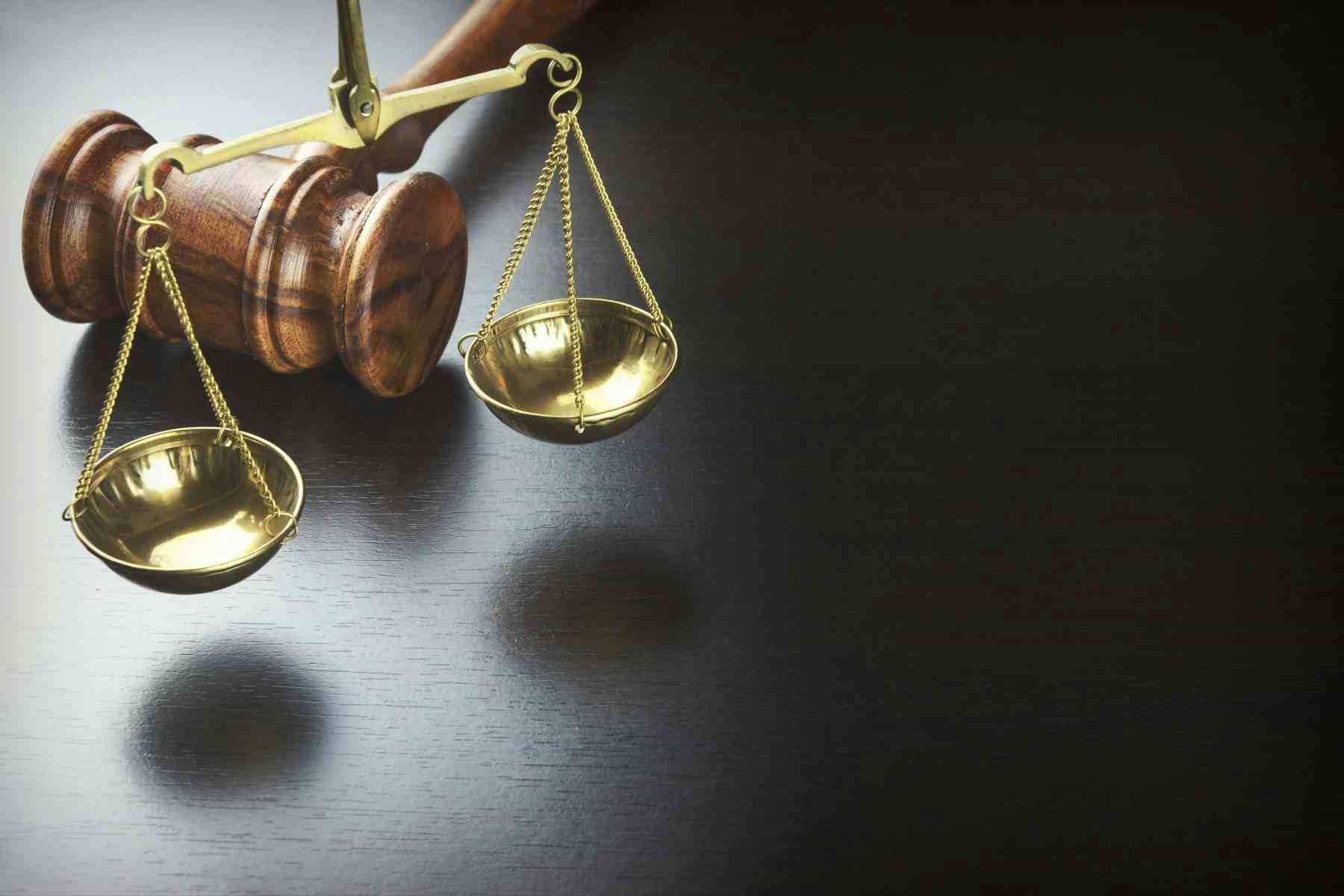The Massachusetts Supreme Court has upheld a so-called “tobacco-free generation” law passed in 2020 by the city of Brookline, Mass. The law bans the sale of vaping and tobacco products in Brookline to anyone born on or after Jan. 1, 2000.
Unlike any other kind of tobacco or vape ban, a generational ban like Brookline’s allows some adults to legally buy tobacco or vapes while others are prohibited from doing so. A current 24-year-old born on Dec. 31, 1999, can legally buy a vaping product in the Boston suburb, but a 24-year-old born a day later, on Jan. 1, 2000, is prohibited from buying that same product—and always will be.
While these bans are usually called “tobacco-free generation” or “smokefree generation” laws—because they invariably ban sales of cigarettes and combustible tobacco products—the Brookline ban has been referred to as a “nicotine-free generation” law, because it bans sales of all consumer nicotine products, including vapes.
Court: cities may completely prohibit vapes and tobacco
Brookline passed the generational ban in November 2020, and the law took effect in July 2021, after undergoing legal review by the attorney general. The law was challenged by a gas station and convenience store owner who said the ban hurt his business, which is located just a block from Brookline’s border with Boston, where tobacco sales are legal to anyone 21 or older. Eventually, other c-store owners joined the suit.
A superior court dismissed the lawsuit in 2022, and the businesses appealed to the state Supreme Court. The court heard oral arguments last November. Throughout the legal challenge, the city was represented pro bono by lawyers from the Public Health Advocacy Institute (PHAI) at the Northeastern University School of Law. PHAI’s Public Health and Tobacco Policy Center works as a partner to the state Department of Public Health’s tobacco control program.
In its decision, handed down March 8, the Supreme Court upheld the lower court decision, and rejected the argument that the generational ban conflicts with existing state laws that set the legal age to buy tobacco and vaping products at 21. State law, said the court, allows local municipalities to completely ban tobacco sales if they so choose.
The decision was cheered by tobacco control groups hoping the generational ban concept catches on elsewhere. Action on Smoking and Health (ASH) issued a press release calling the ruling “a watershed moment in the history of the tobacco wars.”
The generational ban concept could spread
While Brookline is believed to be the first government to have imposed a generational tobacco ban, the idea isn’t new. It was developed and named Tobacco-Free Generation in Singapore. And though Singapore has not yet passed its own tobacco-free generation law, a tobacco control group named Tobacco Free Generation International is headquartered there.
New Zealand became the first country to pass a generational ban in 2022—although the law was abandoned before it took effect after a new government was elected last year. The New Zealand law did not restrict the sale of vapes. A proposed revision of Malaysia’s tobacco control laws introduced last year originally included a generational ban (which would have banned vaping products), but the age-based prohibition was dropped after the country’s attorney general determined it was unconstitutional.
British Prime Minister Rishi Sunak announced last October that he would pursue a smokefree generation law in England patterned on the New Zealand law (no vape ban). The UK Parliament has yet to vote on the proposal. Scotland is considering its own generational ban.

Jim McDonald
Vaping for: 13 years
Favorite products:
Favorite flavors: RY4-style tobaccos, fruits
Expertise in: Political and legal challenges, tobacco control haters, moral panics
Jim McDonald
Smokers created vaping for themselves without help from the tobacco industry or anti-tobacco crusaders, and I believe vapers and the vaping industry have the right to continue innovating to give everyone who wants to use nicotine access to safe and attractive non-combustible options. My goal is to provide clear, honest information about vaping and the challenges nicotine consumers face from lawmakers, regulators, and brokers of disinformation. You can find me on Twitter @whycherrywhy


